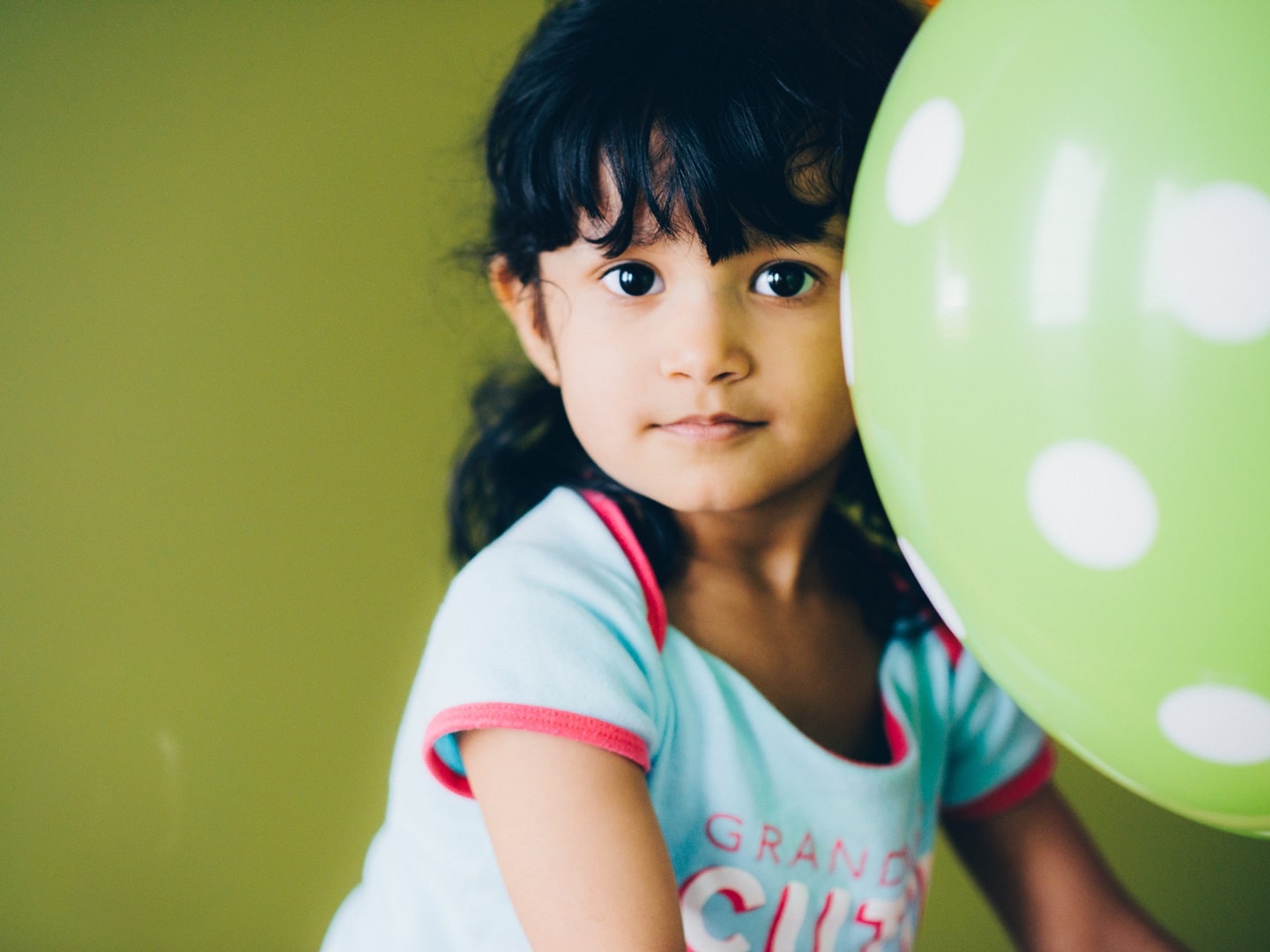Childhood trauma is not something you just get over as you grow up and can have real, tangible effects on the development of the brain.
Most of us have experienced some sort of trauma in our lives – something that has affected who we are, informing our character and influencing our decisions. Whilst the traumatic experience, in and of itself, might have been negative; with the love and support of family and friends (and sometimes professional support services), trauma can build resilience and strengthen character and resolve. Good can come from bad. But what happens if trauma repeats itself, and there’s no one around to help?

Paediatrician Nadine Burke Harris (also the current Surgeon General of California, US) is known for linking Adverse Childhood Experiences (ACEs) and toxic stress with harmful effects to health later on in life and is hailed as a pioneer in the treatment of toxic stress. In a 2015 Ted Talk that has become iconic in the field of ACEs (see below), Harris explains that childhood trauma is not something you just get over as you grow up; that the repeated stress of abuse, neglect and parents struggling with mental health or substance abuse issues has real, tangible effects on the development of the brain. This unfolds across a lifetime, to the point where those who’ve experienced high levels of trauma are at triple the risk for heart disease and lung cancer.
ACEs occur across the socio-economic spectrum; typical indicators – abuse, neglect, parental separation, domestic violence, a family member in prison, a parent struggling with addiction or mental health – are not limited to poor families however people living in poverty (and in the most deprived areas) are at greater risk of experiencing childhood trauma. Research shows that children who experience multiple ACEs (four or more) in childhood are more likely to have poor physical and mental health and to engage is health-harming behaviours such as drinking, smoking or taking drugs.
Whilst poverty should not be confused with Adverse Childhood Experiences, Dr Morag Treanor (Senior Lecturer in Sociology, Social Policy and Criminology at Stirling University) notes:
…when poverty and ACEs coincide they become more than the sum of their parts. When a child lives with ACEs, and also lives in poverty, the conditions are ripe for long-lasting trauma, or toxic stress, which is devastating to children in childhood, and which continues on into adulthood.
The findings of Nadine Burke Harris, substantiated by further research and articulate by Dr Treanor, have driven an important conversation about the importance of early intervention in preventing adversity and responding effectively to early trauma. This is easier to achieve for children who come from better-off families as they are more likely to have access to the resources and support necessary to counter the effects of ACEs. Children living in poverty run a higher risk of falling through the gap. Dr Treanor says:
When poverty and ACEs combine, children and their families require dedicated service intervention and engagement with multiple services including health, housing, financial and family support workers.
What we know, here in the UK, is that there were 4.1 million children living in poverty in 2017-18. That’s 30 per cent of children, or nine in a classroom of 30. There are expected to be 5.2 million children living in poverty in the UK by 2022. We also know that there are 2.3 million children growing up with a vulnerable family background and 1.6 million children in families with complex needs for which there is no national established, recognised form of support. Eight hundred and twenty nine thousand children are “invisible” to services, and 25 per cent of the amount councils spend on children now goes to the 1.1 per cent of children who need acute and specialist services.
Interspersed in these numbers are families – mums, dads, carers, children – who are living in poverty and struggling with ACEs (whether one, two or five), and are lost or forgotten by a system that, currently, does not have the capacity to offer support. These children and families are in desperate need of help.
As a parenting programme that aims to reach the hard-to-reach (families struggling with adversity and living in isolation), Kids Matter comes into contact with parents/carers who are trying their best to manage households and raise children who’ve encountered traumatic experiences on a regular basis. The men and women trained to run our parenting programmes are passionate, dedicated human beings, with a vision to equip parents/carers with the tools and confidence to build strong families but a parenting intervention, whilst crucial, is only one small step on the road to change.
Drawing families out of seclusion and into community is of one of the ways that children who are struggling with ACEs can be noticed and prescribed some of the support they so desperately need in order to flourish in life. Strengthening families is a team effort, with the government and voluntary sector working together to support those facing adversity – and when the ‘effort’ falls short, the church, whose mandate is to have a conscience for those in need (the poor, lonely, destitute and downtrodden), must step up and bridge the gap for those at risk of falling into it. Love in action – it’s the only way.
Kids Matter is a programme that engages with families and young children before crisis point – it strengthens families by giving mums and dads the tools to be competent, confident parents or caregivers. To get involved, as a volunteer or by financially supporting our programme, please contact us at info@kidsmatter.org.uk
Stats by the Child Poverty Action Group (CPAG) and Children’s Commissioner’s Vulnerability Report 2019.